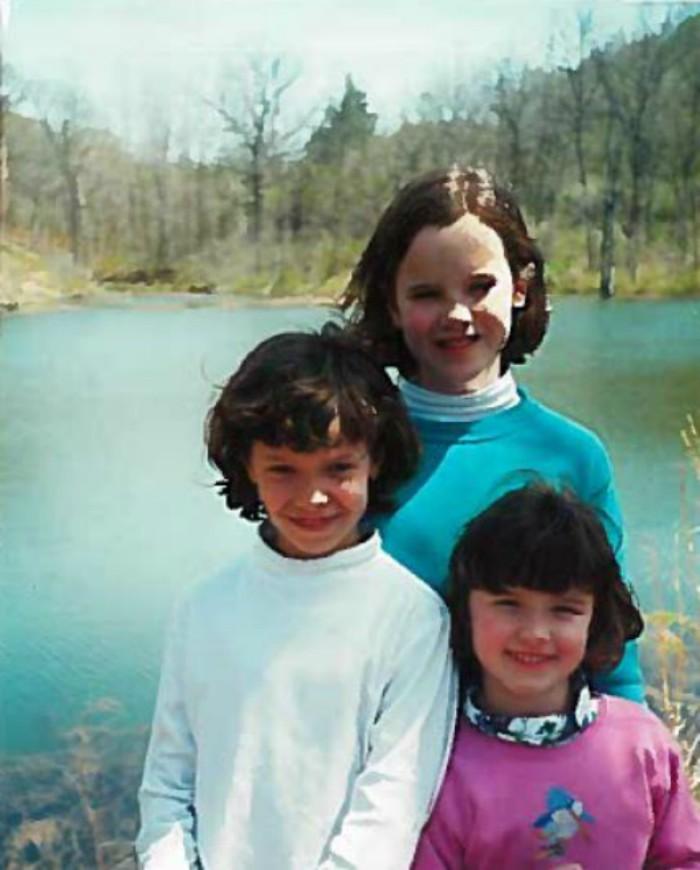Urban legends. Myths. Sometimes you should not believe everything you hear or read. The more emotionally charged the issue, often the bigger the myth. In my practice of providing cancer risk assessment and genetics education and counseling, patients often thank me at the end of the session and tell me they are going to explore the information more extensively at home on the internet.
This is where I usually step in. Warning. Warning. Warning. The internet is not a peer reviewed journal with posts only from experts on the topic. In the area of cancer genetics and cancer risk, there are many inflammatory articles that are not necessarily true. If patients want information, I tell them which trusted sites to utilize. This usually includes the National Cancer Institute, the American Cancer Society, the Oncology Nursing Society, the American Society of Clinical Oncology, Facing Our Risk Empowered, and the National Society of Genetic Counselors. The information on these sites is monitored by experts and are legitimately based on science.
There is an interesting page on the National Cancer Institute site that provides interesting information on cancer myths. One myth deals with family history. Just because a family member has a diagnosis of cancer does not mean that you will develop that cancer or some other cancer. Multiple factors figure into the development of malignancy.
Approximately 5%–10% of all people with cancer have an inherited genetic predisposition to developing malignancy. In this case the parent carries a genetic mutation in the germline tissue (egg or sperm) which can be passed to offspring. We get 50% of our genes from each parent. At conception the parent can pass the good copy (the individual did not inherit the risk) or the bad (mutated copy) meaning the individual did inherit the risk. This is why cancers sometimes occur more often than would be expected by chance in some families especially among siblings.
In 90%–95% of the diagnoses of cancers, the mutations occurred after conception. These mutations are probably often likely due to exposure to carcinogens or poor healthy habits. Some families have better habits than others. For example, I often see families with many cases of lung cancer. Most likely this is due to an extensive smoking history and sometimes an exposure to second hand smoke.
Everyone needs to know their family medical history of cancer and other health issues. There is a great tool available to capture family history from the Surgeon General. If genetic risk is suspected, speak with a healthcare provider or consult a credentialed genetics provider.
Regardless of family history, all individuals benefit from engaging in healthy lifestyles. Persons with known genetic risk might also benefit from modified recommendations for cancer prevention after full evaluation of hereditary risk for developing malignancy. Understanding risk, which might include genetic testing, will help those with genetic predisposition make the best possible choices about managing risk for developing cancer.
A family history of cancer does not necessarily mean you will develop cancer. Know your risk. Make good healthy choices. There’s no myth about that.






